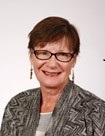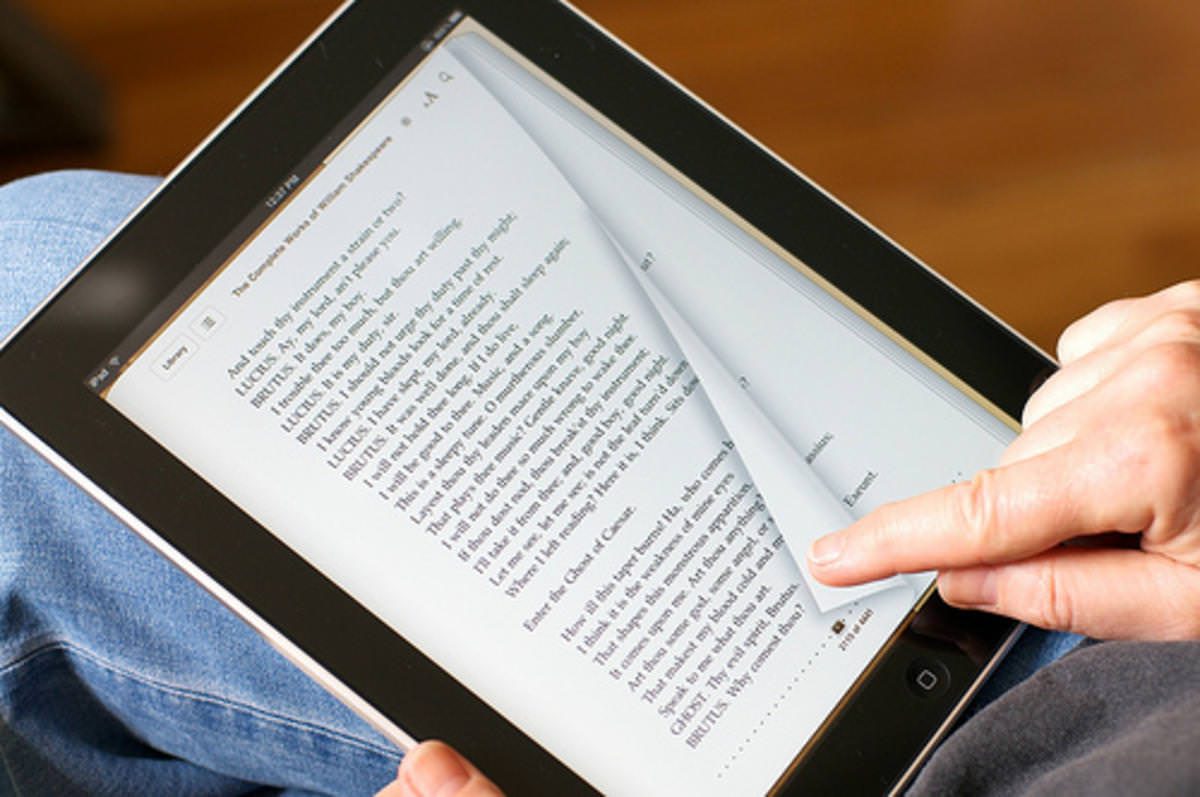By Karen Shirer, Ph.D
Have you ever wondered what to do with the insights from all the books you read? –Eva Keiffenheim
Reading books can be an important part of professional development for those of us who support military families. The OneOp 2022 Military Family Readiness Academy even held a drawing for a book highlighted in the academy — The Body Keeps the Score: Brain, Mind, and Body in the Healing of Trauma.
I purchased this book in hard copy but after reading a newsletter emailed to me that began with the opening question above. In this blog post, I recap the tips presented in the Learn Letter newsletter’s March 26, 2022 issue, and provide suggestions on how you might apply this approach to your own professional development.
Why Use an Ereader?
From my own experience, I found it took time to become comfortable using an e-reader instead of holding a paper and print book. But I’ve learned to read almost everything — novels, cookbooks, knitting books, magazines, professional books — on an e-reader. I love that I can carry my whole library stored on my iPad and the cloud wherever I go.
I’ve also learned that ebooks give me an effective way to turn them into professional development by harnessing the tools provided by an e-reader app. When I apply the app’s tools with a learning science lens, I am better able to recall the material and am better able to integrate what I learn into my work and life.
Steps for Turning E-books into Professional Development
When reading books, many of us highlight text and make notes about what we want to remember. So what can we do with these highlights and notes in order to promote recall of what we’ve read?
Keiffenheim gives these steps to use your e-reader for professional development:
- Highlight the text and make notes about what you want to remember. Research shows that, in general, highlighting text doesn’t help us remember it. But the app allows us to capture the highlights and notes for other uses (see step two).
- Review the text you highlighted and make notes about what you highlighted after you finish reading the book. Keiffenheim recommends that you do this step in your desktop browser and not the app. I’ve tested this approach in the Kindle app. It works very well and I found that I could do this step in the app.
- Cut down the information you’ve highlighted and note what is most essential. You may want to add your thoughts and questions as well.
- Summarize what you learned in a paragraph. You can share this paragraph with colleagues, use it as the basis for a blog post or write a book review. Discussing it with others will help you to recall the information later.
These same steps can be applied to online articles, research reports, and other digital documents that come across your work desk or computer. Give this approach a try the next time you need to read a book for your work.
Call to Action
- Check the references cited here. They can provide additional information that might be useful for your professional development and work.
- The next time you find a book that you think would be helpful, find the electronic version of it. Not all books are available electronically, but most are. Try out the steps given in this post.
- Research what your local library offers for ebooks. My library allows me to use the Kindle app to read books, allowing me to capture what I am reading.
References
Brown, P. C., Roedinger, H. L., & McDaniel, M. A.. (2014). Make It Stick: The Science of Successful Learning. The Belknap Press of Harvard University Press, 2014. (For a summary go to: https://blog.apaonline.org/2020/02/19/takeaways-from-make-it-stick-the-science-of-successful-learning/)
Keiffenheim, E. (2020, October 20). 4 Steps to Transform your Kindle into a Learning Device. Medium.com (Note: this is an earlier version of the email article I use here).
Van der Kolk, B. (2015) The Body Keeps the Score: Brain, Mind, and Body in the Healing of Trauma. Penguin Publishing. Book Review in Frontiers of Psychology. https://doi.org/10.3389%2Ffpsyg.2021.704974
Terada, J. (2021, October 29). Highlighting Is Ineffective—Here’s How to Change That. https://www.edutopia.org/article/highlighting-ineffective-heres-how-change/
Writers Biography
 Karen Shirer, previous Associate Dean of the University of Minnesota Extension Center for Family Development. Karen is also the parent of two adult daughters, a grandmother, a spouse, and a cancer survivor.
Karen Shirer, previous Associate Dean of the University of Minnesota Extension Center for Family Development. Karen is also the parent of two adult daughters, a grandmother, a spouse, and a cancer survivor.
Photo source: Bing















